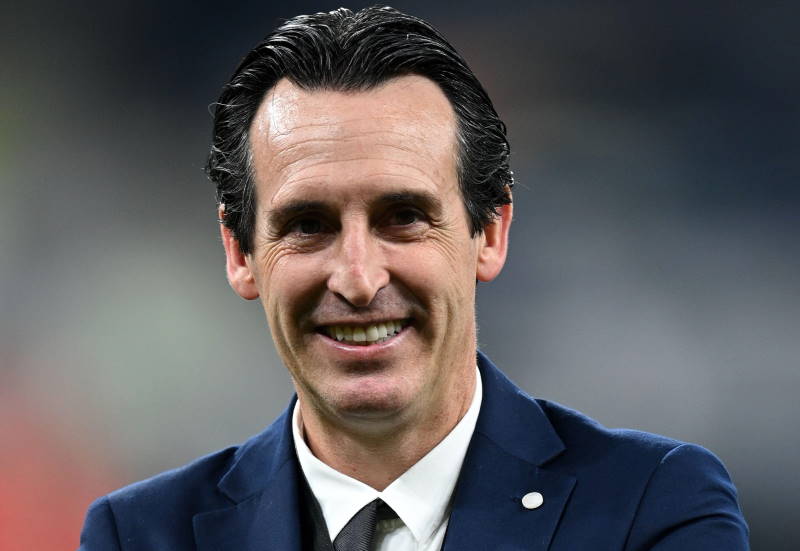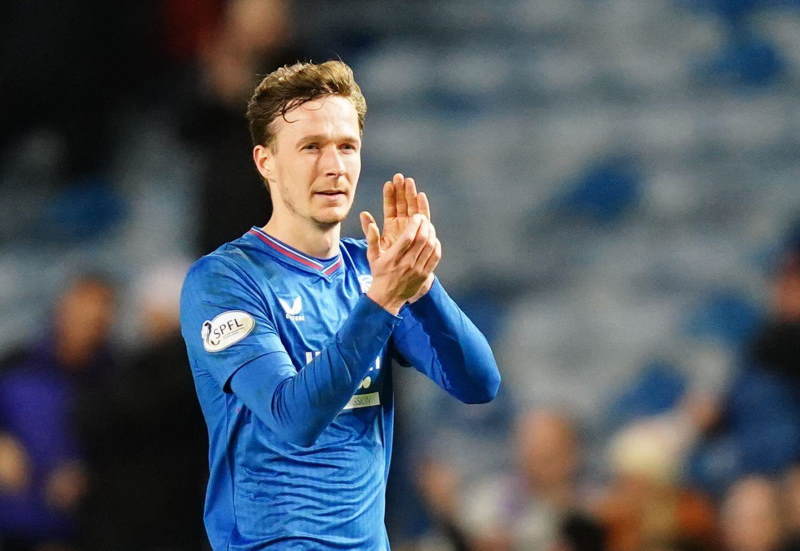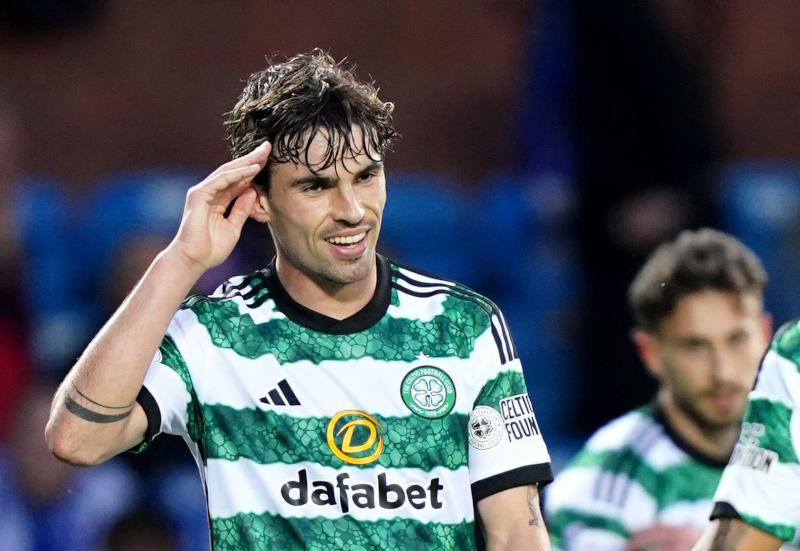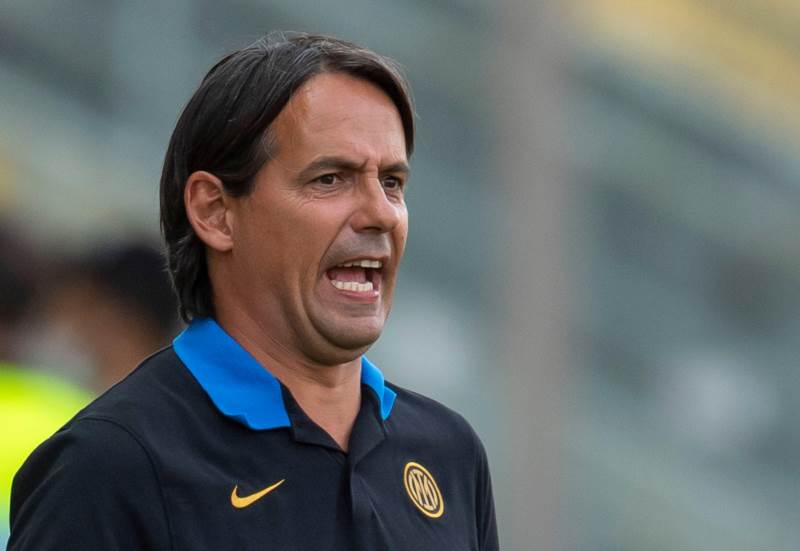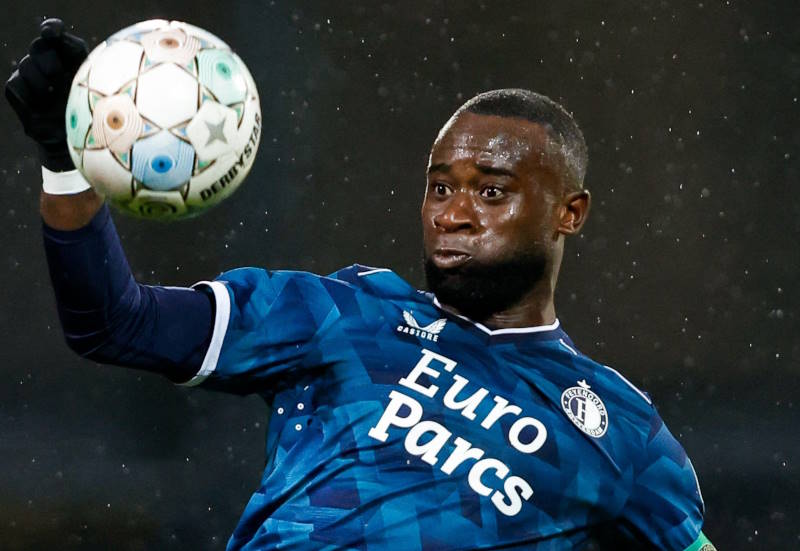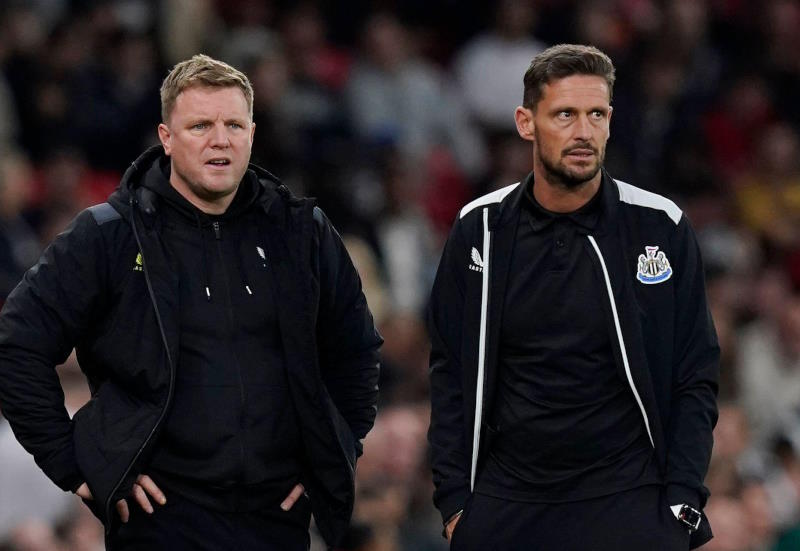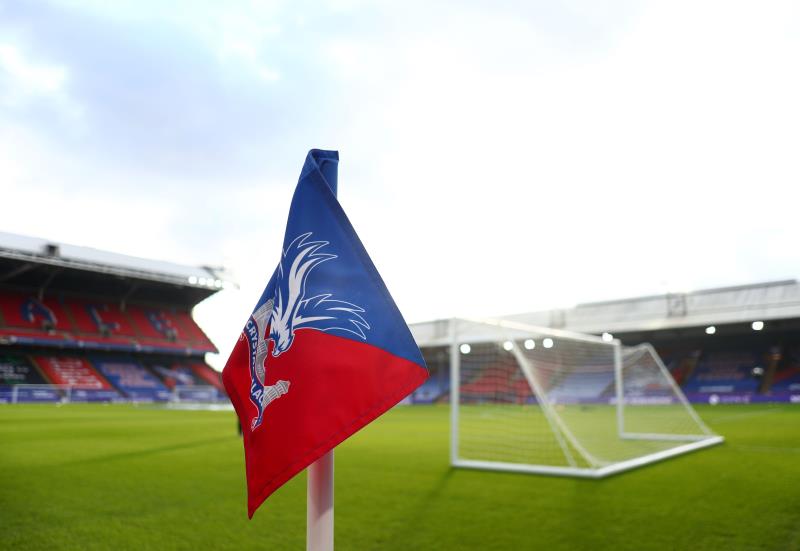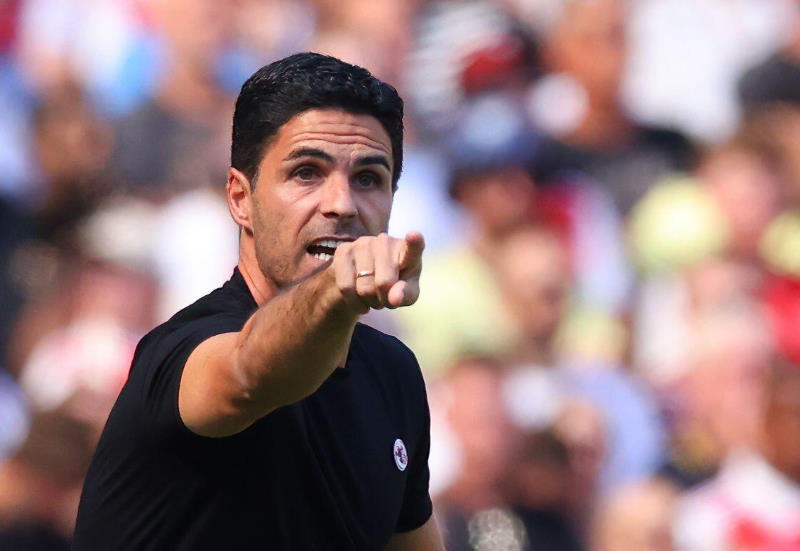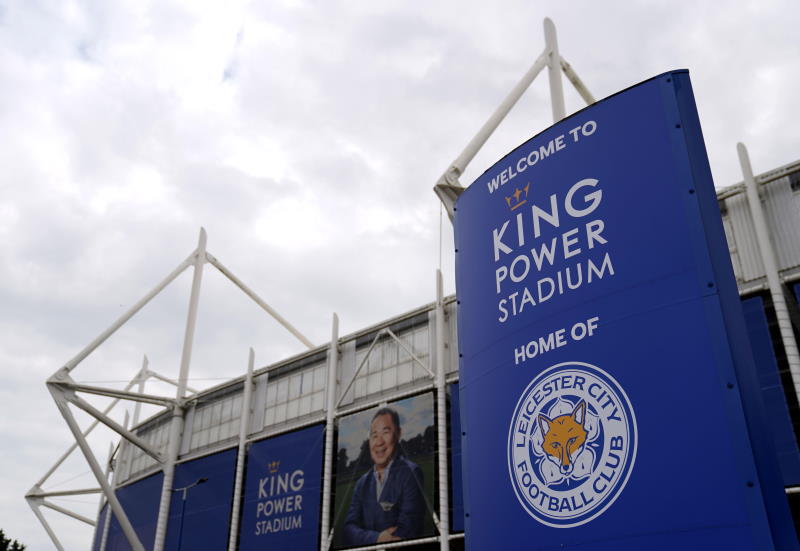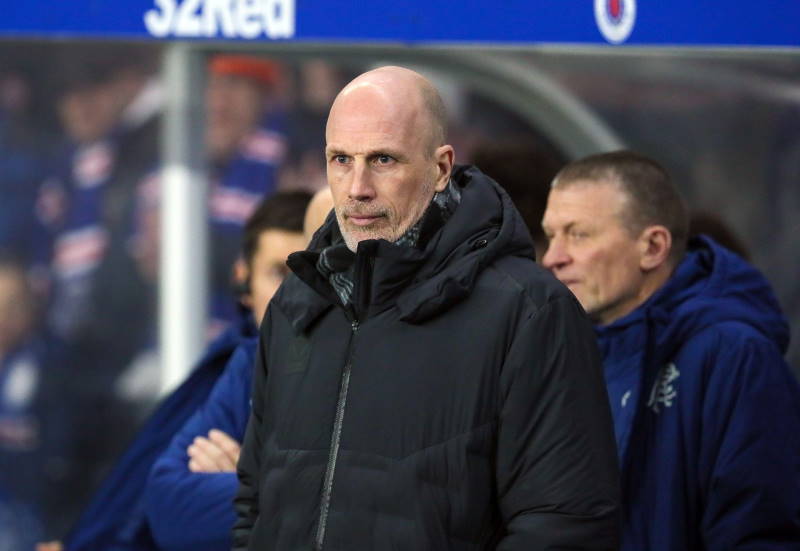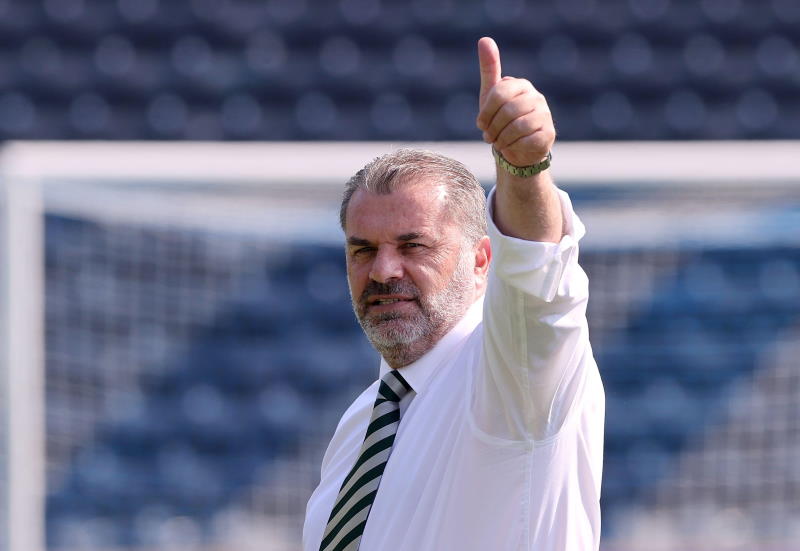
He came, he saw, he changed his mind. Dave Bassett managed many clubs in his career, but his first spell at Crystal Palace was one of the shortest in English football. Although Bassett managed the Eagles properly in 1996, his first spell at Selhurst Park lasted less than four days. It was a bizarre episode in the career of a man who regularly did the unexpected.
While there was much conjecture about the reasons for the change of heart, Bassett himself was typically up front and honest about it. He did not feel the fit was right, and he decided his work at Wimbledon was still unfinished business. Luckily for him, the Plough Lane club had not yet lined up a replacement so he was welcomed back. His office chair was probably still shaped to the contours of his posterior.
Dave Bassett, known to one and all as Harry, played for a number of non-league clubs in his career, and was a member of the Walton & Hersham side that won the coveted FA Amateur Cup in 1973. He later joined Wimbledon as a player, and played in the memorable FA Cup matches that saw the Dons take on the mighty Leeds United. The non-league minnows took the Yorkshire club, then perhaps the best side in England, to a replay before narrowly losing out.
It was not long before the Dons were elected to the Football League, and Bassett moved from the dressing room to the manager’s office a few years later. Despite a playing career that failed to hit the heights, the Londoner soon found his uncompromising style was perfectly suited to top level football.
Bassett built a side that was strong on effort, work-rate and spirit, and one which produced results. To their critics, Wimbledon’s brand of football was as popular then as media mogul Rupert Murdoch is now, but it was at least effective. Many of the top teams of their day, the ones who perhaps considered their style to be purer and more superior, struggled to cope with the full-blooded bombardment dished out by the Dons. While some dismissed the style as long ball, Bassett always preferred the term route one.
For Bassett, overseeing the emergence of talented players such as Dennis Wise, Lawrie Sanchez, Dave Beasant and John Fashanu, as well as the uncompromising Vinnie Jones, was a pleasing aspect of nurturing the side. His reputation was growing within the game, and several clubs were looking to tempt him into a move. In the end, it was Watford who managed to lure him in.
A spell at Vicarage Road did not prove successful, but a move to Sheffield United in 1988 was more his cup of tea. Bassett was not able to prevent a relegation in his first season, but he soon managed to make his mark. By 1990, the club had managed two promotions and were playing in the top flight. Always a likeable character, Harry Bassett was highly popular in South Yorkshire.
A return to Crystal Palace followed, where he stayed for a little longer than the last time. He also managed Leicester City, and has since enjoyed spells with various other clubs, in caretaker and assistant manager positions. Ever the original, his opinions on the game are always highly regarded. Those sides that have benefitted from his experience include Barnsley, Nottingham Forest, Southampton and Leeds United.
At 66, Dave Bassett is now rightly considered one of the wisest owls in the English game, having been involved in football at all levels. As well as providing insight and knowledge in dressing rooms and on benches up and down the country, he is also a popular TV pundit. Whether he is talking to the nation through the goggle-box or screaming at players for not doing their jobs properly, Bassett remains a man of the people, and a real football man.

